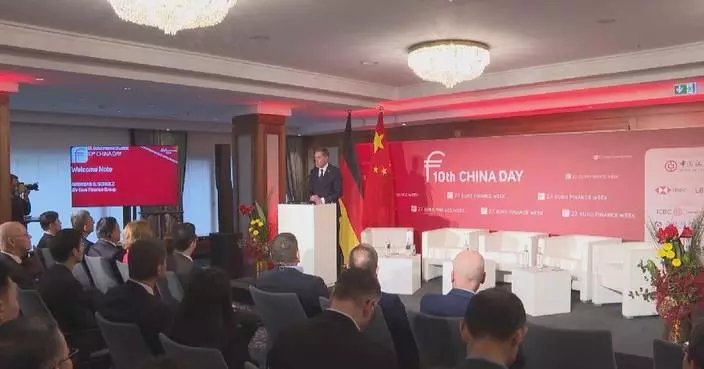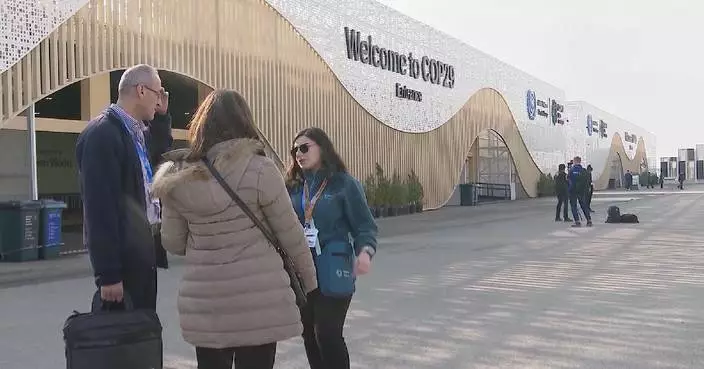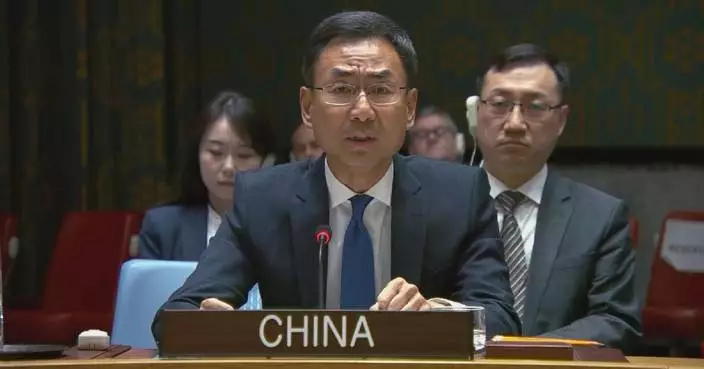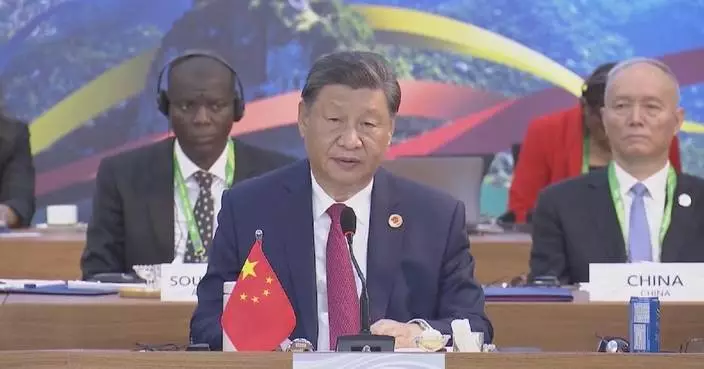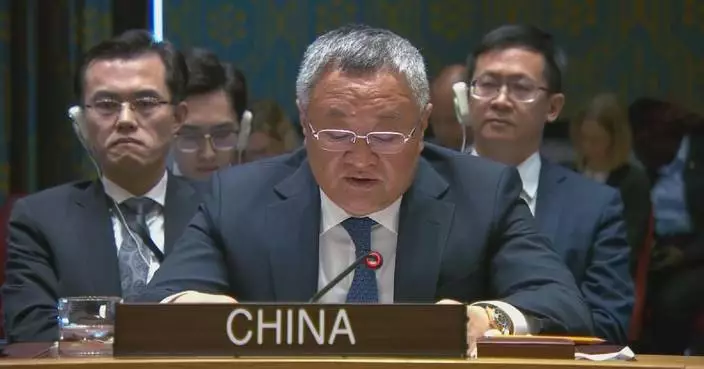A Dutch scholar has criticized the Biden administration's decision to authorize Ukraine's use of U.S. long-range weapons against Russia, calling it a politically motivated move that could trigger serious repercussions.
In a major shift of his administration's policy on the Ukraine crisis, U.S. President Joe Biden has authorized Kiev to use U.S.-supplied long-range missiles, or the Army Tactical Missile System, to strike targets inside Russia, U.S. media reported on Sunday.
Henk Overbeek, professor emeritus of international relations at Vrije Universiteit Amsterdam, raised concerns over the decision, especially when Russia and Ukraine have signaled a willingness to explore peace talks. He warned that such actions could provoke Russia to target U.S. and Western supply lines supporting Ukraine, potentially leading to a significant escalation of the conflict.
"It's politically motivated, it's dangerous, because I think it violates an implicit understanding of the past two and a half years between the Russians and the Americans that the Americans will not allow Ukraine to hit targets deep inside Russia, Russia will not target the supply lines of the Western arms moving into Ukraine, because that would also be a dangerous development," said the scholar.
Many long-range guided weapons from the U.S. rely on satellite-provided coordinates, which may require American personnel to be on-site for calibration and operation -- a scenario deemed unacceptable by Russia.
Overbeek noted that amid the ongoing stalemate in the Russia-Ukraine conflict, this decision not only risks undermining the prospects for negotiations but also appears to "lay a trap" for incoming U.S. President Donald Trump.
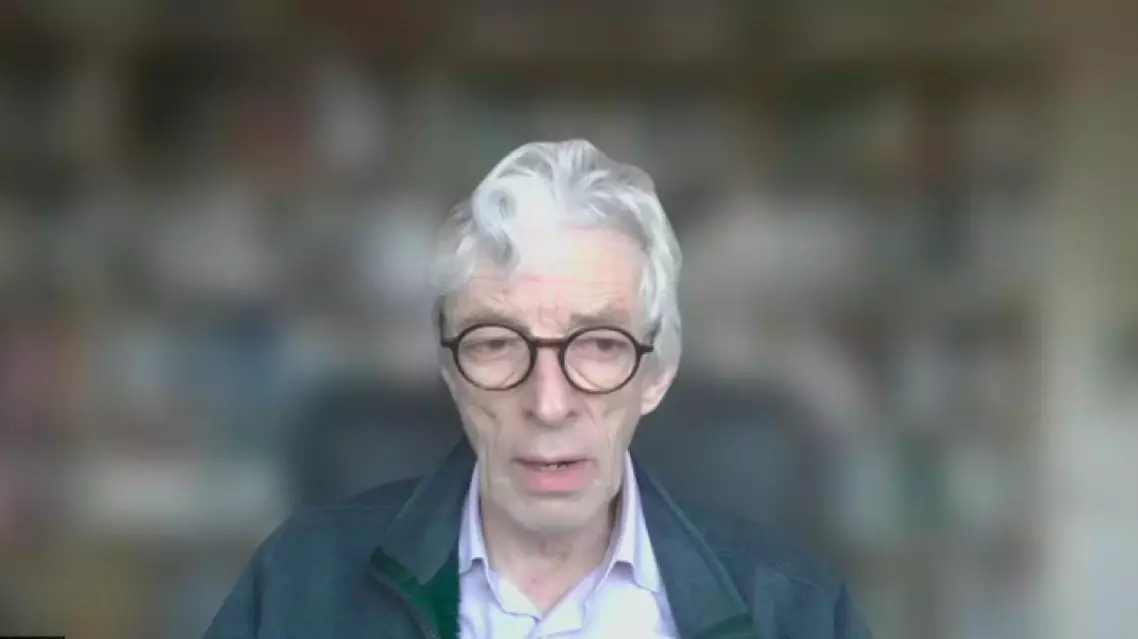
US approval of Ukraine's use of long-range missiles may cause serious consequences: scholar
Chinese Foreign Minister Wang Yi met with Russian Foreign Minister Sergey Lavrov on Monday in Rio de Janeiro, Brazil.
Wang, also a member of the Political Bureau of the Communist Party of China Central Committee, noted that this year marks the 75th anniversary of the establishment of diplomatic relations between China and Russia, and is also a year in which China-Russia relations and cooperation in various fields have overcome risks and challenges and made new achievements.
Wang once again congratulated Russia on successfully hosting the 16th BRICS Summit, which ushered in a new era for greater BRICS cooperation. The meeting between Chinese President Xi Jinping and Russian President Vladimir Putin during the Kazan Summit has made strategic plans for the next phase of the development of bilateral relations, he said.
China is willing to work with Russia to further strengthen coordination, inject new vitality into their comprehensive strategic coordination, and make their due contributions to the development and revitalization of their countries and to the reform of global governance, Wang said.
Wang emphasized that China and Russia should work together with other BRICS partners to carry out the outcomes of the BRICS Kazan Summit, expand and strengthen the BRICS mechanism, enhance the influence of the Global South, and play a greater role in promoting a multipolar world.
Wang said that China has assumed the rotating presidency of the Shanghai Cooperation Organization for 2024-2025 and is willing to work closely with Russia to promote greater development and elevate the SCO to new heights.
Mentioning that next year marks the 80th anniversary of the victory of the World Anti-Fascist War, Wang suggested that the two countries should jointly organize successful commemorative events, firmly defend the outcomes of World War II, uphold international equity and justice, and make history serve as a guide for the future.
Lavrov noted that Russia-China relations are at an unprecedented high level. The heads of both states have maintained close exchanges and set new cooperation goals, he said, adding that Russia-China relations have been always based on the principles of equality, mutual benefit, and win-win cooperation, which comply with the interests of the two peoples and win the support of Global South countries.
Lavrov expressed his gratitude to China for its support of Russia's BRICS chairmanship, saying Russia will actively support China's role as the SCO rotating presidency. He also expressed willingness to continue strengthening cooperation with China through multilateral mechanisms such as the G20, APEC, and the United Nations.
The UN is the most important outcome of the victory of World War II, and commemorating the 80th anniversary of its founding is of great significance, Lavrov said. The international community should seize this opportunity to oppose any attempts to undermine the post-war international order, in order to jointly safeguard global peace and stability.
The two sides also exchanged views on the Ukraine crisis and the situation on the Korean Peninsula, among other issues.
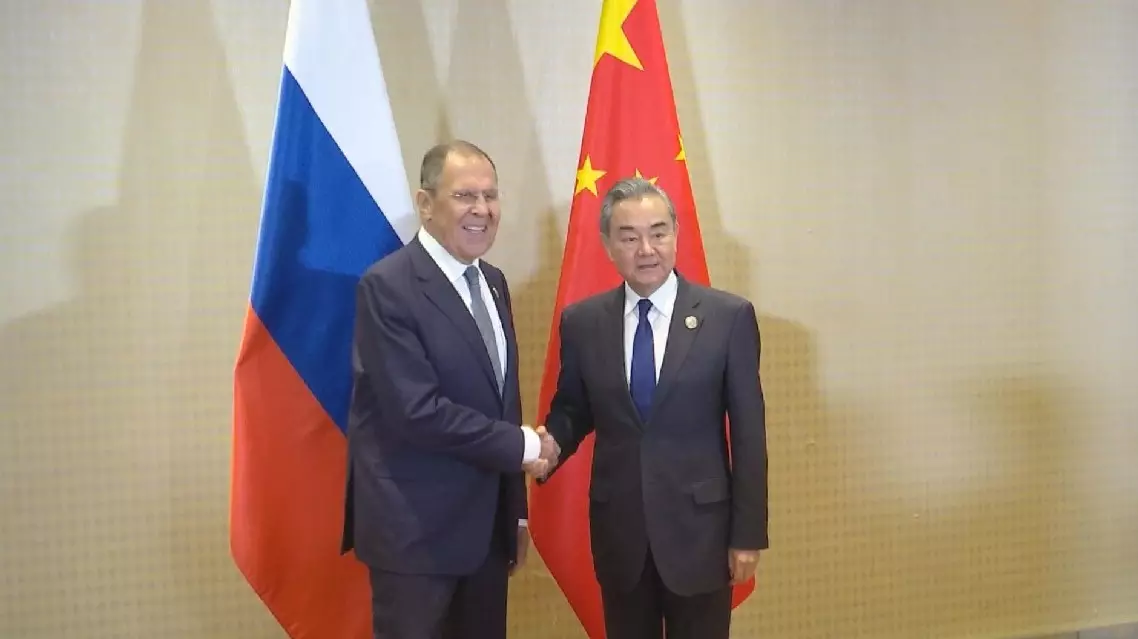
Chinese, Russian FMs meet in Rio de Janeiro




